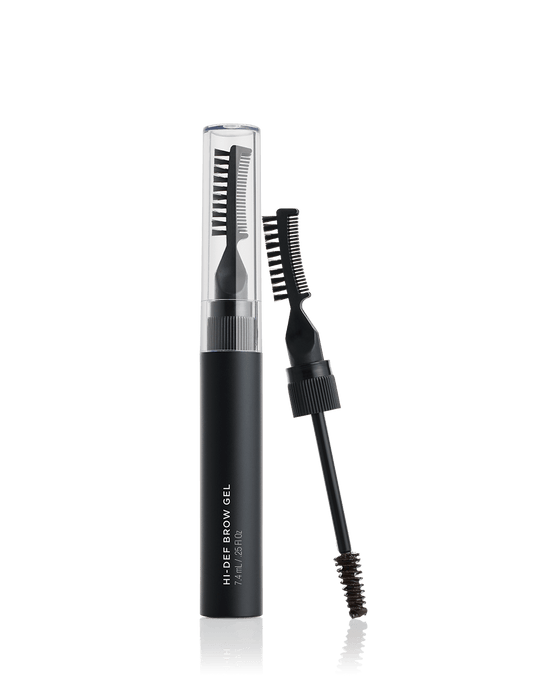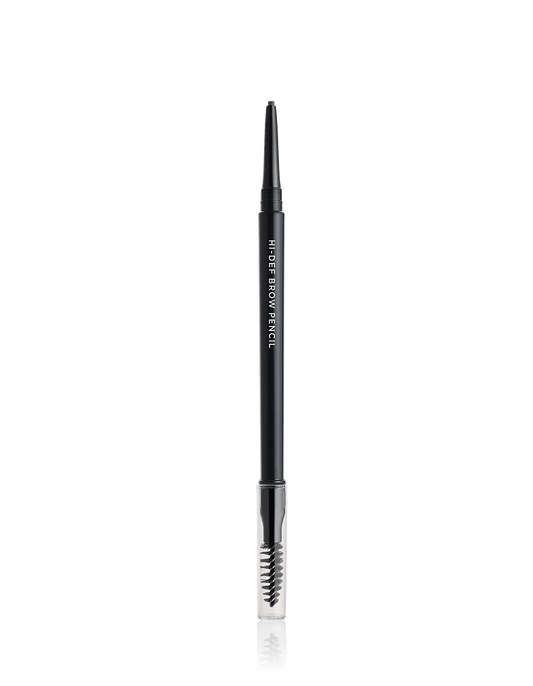3. STRESS
Stressed out about thinning eyebrows? It’s understandable. Unfortunately, too much stress can cause a type of hair loss called telogen effluvium, affecting the hair on your head as well as areas like your eyebrows.
Telogen effluvium prematurely triggers hair follicles to enter the shedding stage, resulting in hair loss. Causes can include stressors like illness, severe lack of sleep, psychological stress or trauma, major surgery, or childbirth.
The good news is that stress-related hair loss is usually temporary. Addressing the root cause of your stress and focusing on healing your body and mind is the first step to feeling (and looking) better.
Brow Expert Tip: Focus on self-care with activities like meditation, gentle exercise, or a spa treatment to reduce stress.
4. POOR NUTRITION
Along with emotional stress, nutritional deficiencies can contribute to telogen effluvium. Not eating enough protein, iron, biotin, and vitamins can affect your hair and brows.
Eating enough protein in particular is critical to maintaining healthy hair. Protein sources include meat, fish, dairy (milk, cheese, yogurt), and plant-based options like legumes, nuts, seeds, and soy products (tofu). Nutrition experts recommend including protein at every meal.
Brow Expert Tip: A balanced diet, daily multi-vitamin, and/or supplements designed to address hair loss can help prevent eyebrow thinning due to nutritional deficiencies.
5. ALOPECIA AREATA
Hair loss and thinning eyebrows could be caused by alopecia areata, an autoimmune disorder where the body attacks hair follicles. This condition can affect hair anywhere on the body, including eyelashes and eyebrows.
The word “alopecia” means hair loss, while “areata” means patchy. Patches of missing hair are a sign of this condition. While there is no cure for alopecia areata, treatments may be available through your physician. Some people may have only a single episode of patchy hair loss, while others may have episodes throughout their life.
Brow Expert Tip: If you believe your hair loss could actually be alopecia (early signs include sudden onset of hair loss and hair loss in patches), a visit to your doctor may be in order.


















